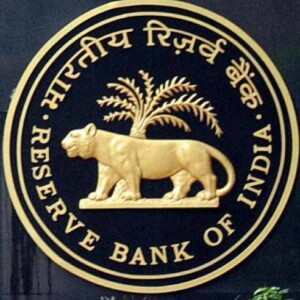Last Updated on 19/03/2021 by Khushi
The Centre on Friday urged the Delhi High Court to suspend the enforcement of WhatsApp’s latest privacy policy and terms of service, which are scheduled to take effect on May 15.
The allegation was made in an affidavit submitted by the Ministry of Electronics and Information Technology in response to a petition questioning WhatsApp’s new privacy policy.
Seema Singh, Meghan, and Vikram Singh, the petitioners, say that the latest privacy policy reveals “fissures” in Indian data security and privacy laws.

Users may approve or oppose the new policy, but they cannot opt out of sharing their data with other Facebook-owned or third-party apps.
The case has been adjourned until April 20 by a bench consisting of Chief Justice D N Patel and Justice Jasmeet Singh.
“It is humbly prayed that, in light of the above submissions, the Respondent No. 2 (WhatsApp) be restrained from enforcing its current privacy policy and terms of service dated January 4, 2021 from February 8, 2021 or any subsequent date pending adjudication,” the Centre said in its affidavit.
According to the affidavit, the IT Rules place a slew of duties on a corporation with regards to the protection of data gathered in the course of its operations.
It further said “The Rules require a corporate body who collects, stores or otherwise deals with data to issue a privacy policy providing for certain safeguards, in addition to imposing various other obligations. The impugned Privacy policy violates the 2011 Rules …”
They also claimed that, before this Bill is enacted, the Information Technology Act of 2000 and its Rules form the existing data protection regime, and that any privacy policy issued by a company like WhatsApp must adhere to the Act’s and Rules’ requirements.
Twitter.com
The affidavit, filed through advocate Kirtiman Singh, said, “The Union has discharged this obligation by introducing the Personal Data Protection Bill, 2019 in the Lok Sabha. Upon enactment, this law will provide a robust regime on data protection which will limit the ability of entities such as Respondent No. 2 issuing privacy policies. which does not align with appropriate standards of security and data protection.”
On February 3, the high court served notice on the Centre and WhatsApp, requesting responses to the petition questioning the social networking platform’s current privacy policy.
Another appeal, filed in January, is pending before another bench of the high court, challenging WhatsApp’s current privacy policy on the grounds that it violates users’ constitutional right to privacy.
The petitioners are requesting that the ministry and WhatsApp give people who use the messaging app the option to opt out of sharing their personal data with the company’s parent company, Facebook, and its other subsidiaries.











